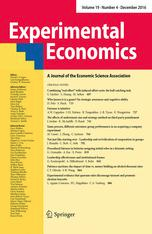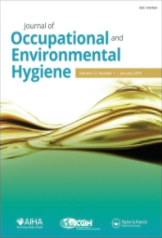 “Retractions are part and parcel of academic and scientific publication. Court ordered retractions are not.”
“Retractions are part and parcel of academic and scientific publication. Court ordered retractions are not.”
So ends a judge’s September 30, 2016 opinion dismissing a case brought in 2014 by Andrew Mallon, a former Brown University postdoc, alleging that his advisor and former business partner, John Marshall, had published a paper in 2013 in PLOS Biology that should have listed him as a co-author.
As with most court cases, this one had a long backstory: An earlier version of the paper had listed Mallon as a co-author, but was rejected by Neuron in 2011; after the authors had a dispute over the data, a different version of the manuscript was submitted to PLOS Biology in 2012, leaving Mallon off the co-author list. So Mallon had sued to have the paper retracted.
In communications with Retraction Watch and other media, as well as during depositions of the plaintiffs, Mallon referred frequently to allegations of scientific misconduct, including the fact that the first author of the PLOS Biology paper had an unrelated paper retracted in 2010 for duplicated data. However, this case was brought under the Copyright Act, which focused on the authorship dispute.
Kevin Tottis, who represented Marshall and co-defendant Dennis Goebel, told Retraction Watch his clients “are delighted with the judge’s decision.” Massachusetts District Court Judge Timothy Hillman, he said, Continue reading Judge tosses case, saying that court-ordered retractions are not part of scientific publication
 A journal has retracted a paper after a reader pointed out some of the data looked familiar — and the authors never responded to the allegations.
A journal has retracted a paper after a reader pointed out some of the data looked familiar — and the authors never responded to the allegations.
 Every year, academics get thousands of spam emails inviting them to submit manuscripts or attend conferences — but don’t bother asking to “unsubscribe” for Christmas.
Every year, academics get thousands of spam emails inviting them to submit manuscripts or attend conferences — but don’t bother asking to “unsubscribe” for Christmas.
 An investigation into the lab of a prominent cancer researcher in British Columbia has revealed nearly 30 acts of misconduct.
An investigation into the lab of a prominent cancer researcher in British Columbia has revealed nearly 30 acts of misconduct. 

 A lab at the University of California, Los Angeles has retracted two papers for duplicated images.
A lab at the University of California, Los Angeles has retracted two papers for duplicated images.